English
By the beginning of year 3, pupils should be able to read books written at an age-appropriate interest level. They should be able to read them accurately and at a speed that is sufficient for them to focus on understanding what they read rather than on decoding individual words. They should be able to decode most new words outside their spoken vocabulary, making a good approximation to the word’s pronunciation. As their decoding skills become increasingly secure, teaching should be directed more towards developing their vocabulary and the breadth and depth of their reading, making sure that they become independent, fluent and enthusiastic readers who read widely and frequently. They should be developing their understanding and enjoyment of stories, poetry, plays and non-fiction, and learning to read silently. They should also be developing their knowledge and skills in reading non-fiction about a wide range of subjects. They should be learning to justify their views about what they have read: with support at the start of year 3 and increasingly independently by the end of year 4.
- Plus Plan
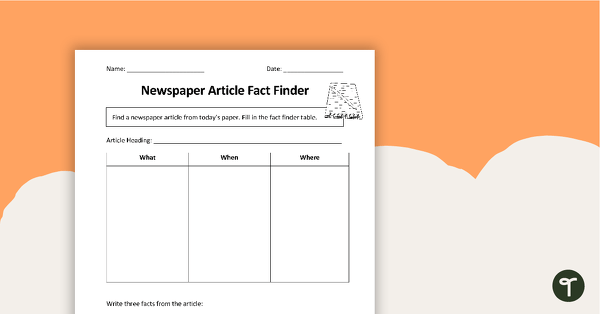
Recalling Facts - Newspaper Worksheet
A worksheet to use when teaching students how to recall facts and details when reading.
- Plus Plan
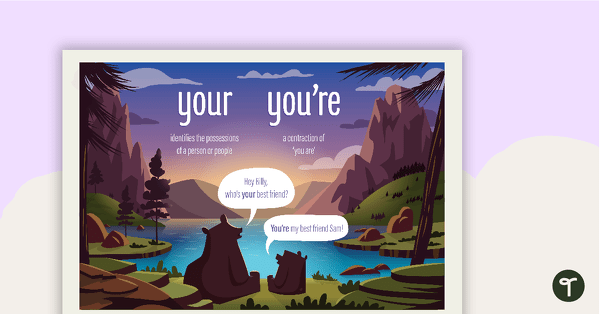
Your and You're Homophones Poster
An educational poster for the homophones your and you're.
- Plus Plan
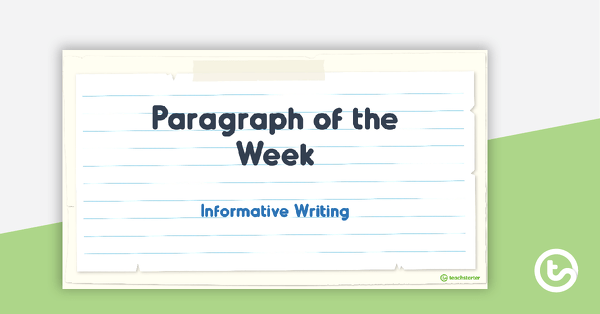
Paragraph of the Week PowerPoint - Informative Paragraphs
A Paragraph of the Week PowerPoint presentation to use when setting up this writing strategy in your classroom.
- Plus Plan
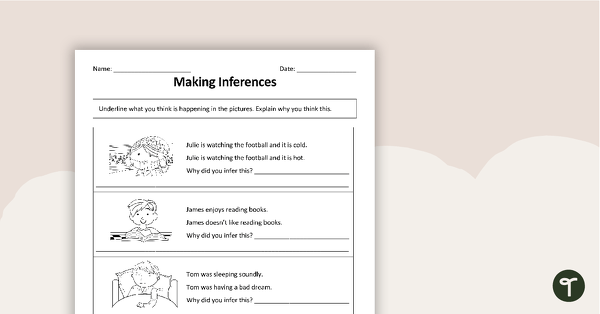
Making Inferences - Worksheet
A worksheet to use when teaching students how to draw conclusions and make inferences when reading.
- Plus Plan
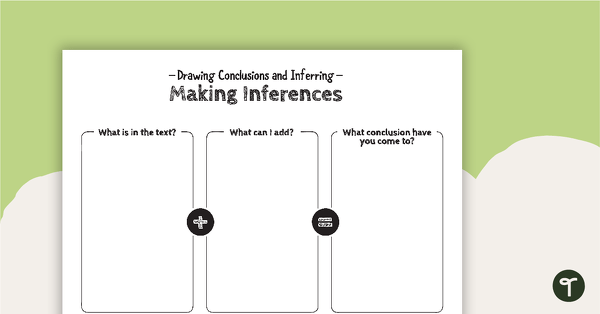
Making Inferences - Blank Template
A worksheet to use when teaching students how to draw conclusions and make inferences when reading.
- Plus Plan
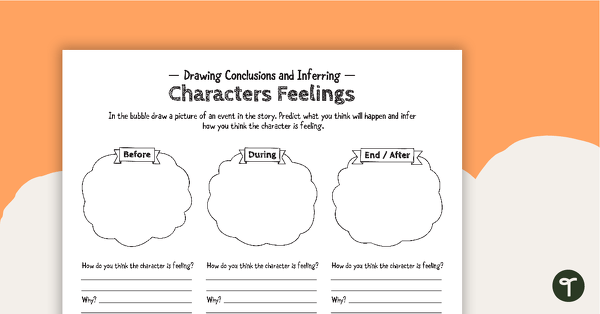
Making Inferences - Characters Feelings
A worksheet to use when teaching students how to draw conclusions and make inferences when reading.
- Plus Plan
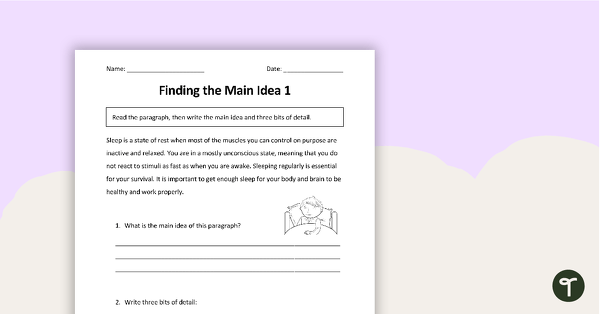
Finding the Main Idea - Worksheets
A set of worksheets to use when teaching students how to find the main idea of a text.
- Plus Plan
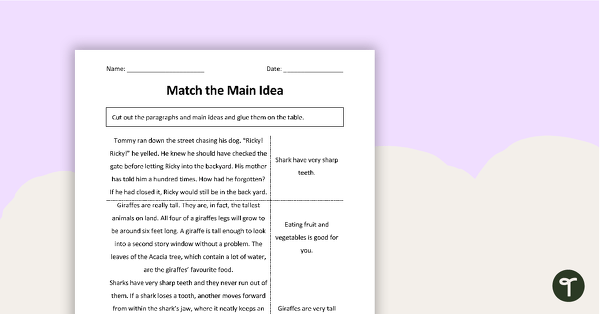
Finding the Main Idea - Sorting Worksheet
A worksheet and answer sheet to use when teaching students how to find the main idea of a text.
- Plus Plan
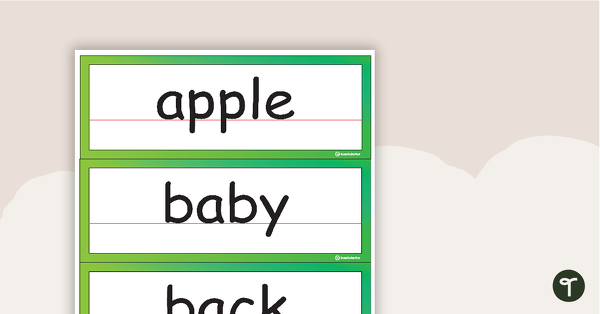
Sight Word Cards - Dolch Nouns
Dolch Nouns sight words on flash cards.
- Plus Plan
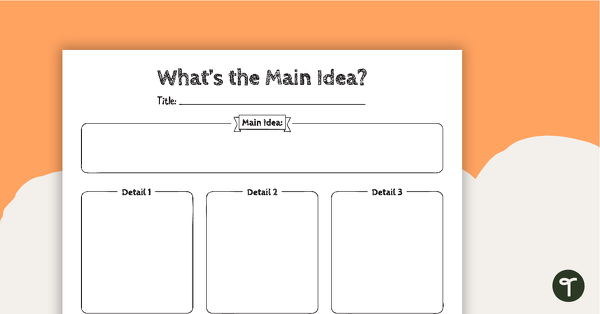
Finding the Main Idea - Blank Template
A worksheet to use when teaching students how to find the main idea of a text.
- Plus Plan
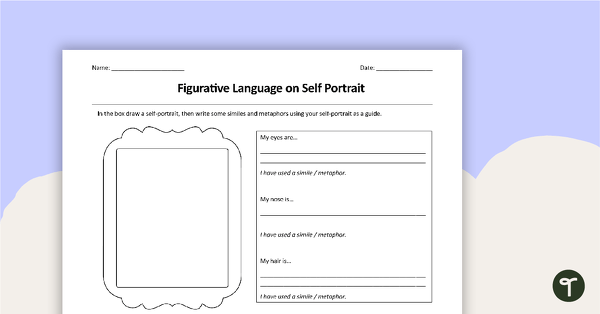
Figurative Language - Self Portrait Activity
A worksheet using figurative language to describe a student's self portrait.
- Plus Plan
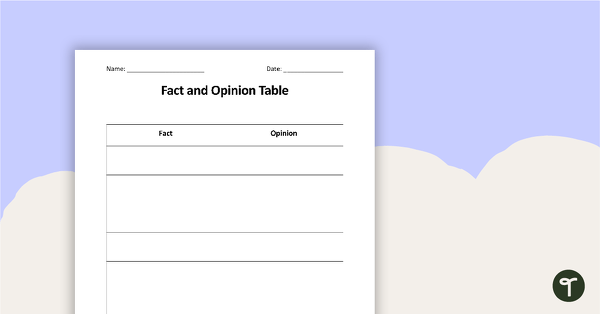
Fact or Opinion - Sentence Sort Worksheet
A worksheet to use when teaching students how to distinguish between fact or opinion.
- Plus Plan
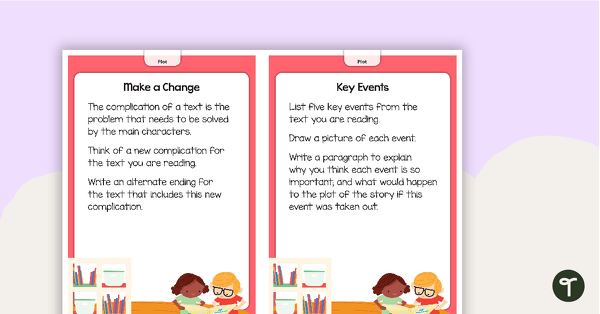
Literature Task Cards
A set of 30 literature tasks to assist your students with examining and responding to literature.
- Plus Plan
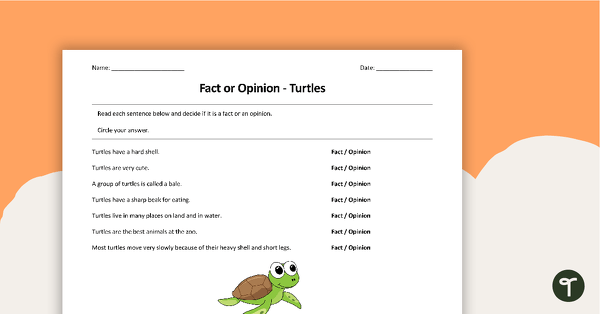
Fact or Opinion - Turtle Worksheet
A worksheet to use when teaching students how to distinguish between fact or opinion.
- Plus Plan
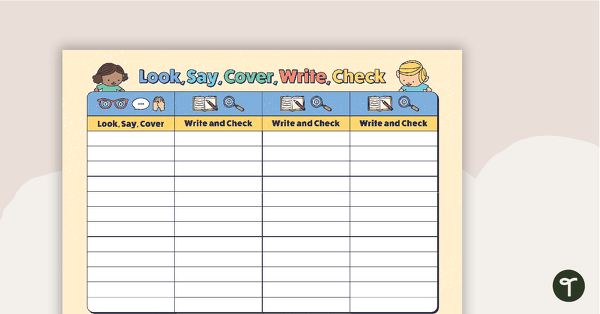
Look, Say, Cover, Write, Check Template (10 Words)
A template to use when learning spelling words.
- Plus Plan
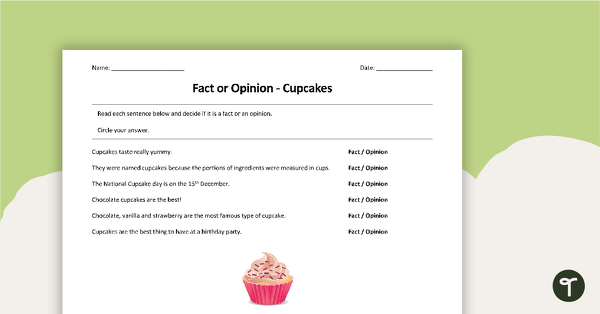
Fact or Opinion - Cupcake Worksheet
A worksheet to use when teaching students how to distinguish between fact or opinion.
- Plus Plan
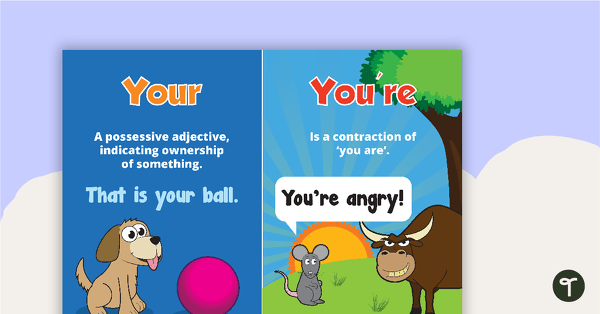
Your and You're Homophones Poster Original Design
An educational poster for the homophones your and you're.
- Plus Plan
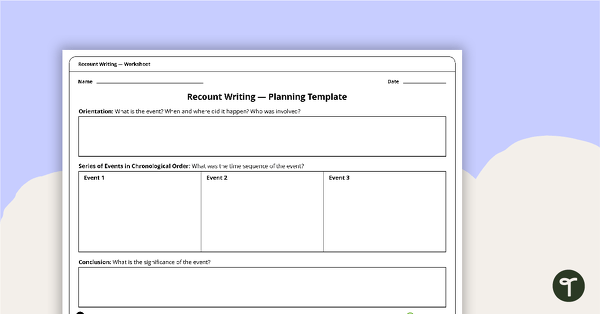
Recount Writing Planning Template
A template for students to use when planning a recount.
- Plus Plan
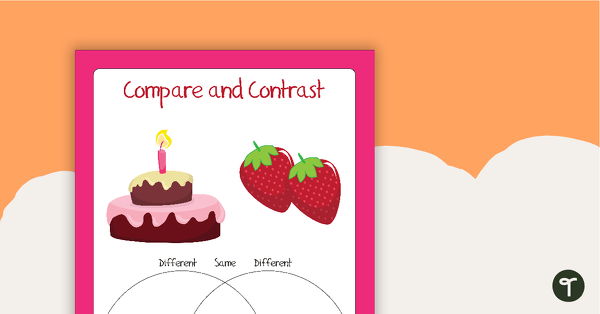
Compare and Contrast - Objects Worksheets
A pack of 5 worksheets comparing and contrasting pictures of similar objects.
- Plus Plan
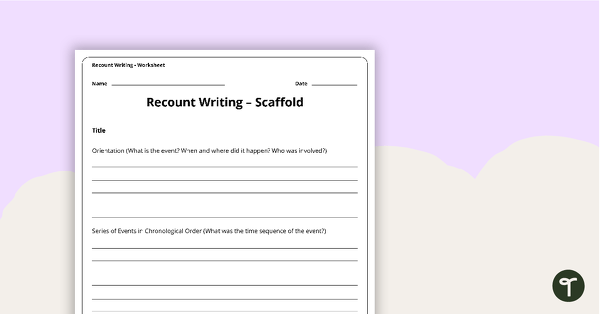
Recount Writing Scaffold
A one page scaffolding sheet which can be used to write a recount.
- Plus Plan
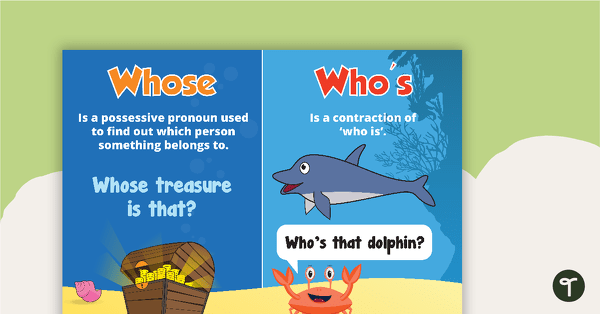
Who's and Whose Homophones Poster Original Design
An educational poster for the homophones who's and whose.
- Plus Plan
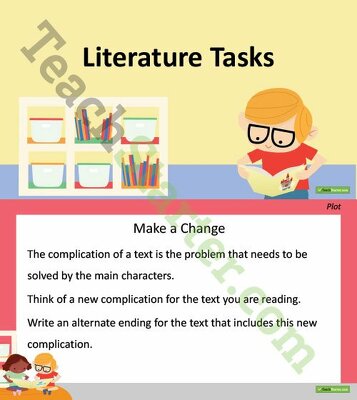
Literature Tasks PowerPoint
A 33 slide editable PowerPoint template of generic literature tasks.
- Plus Plan
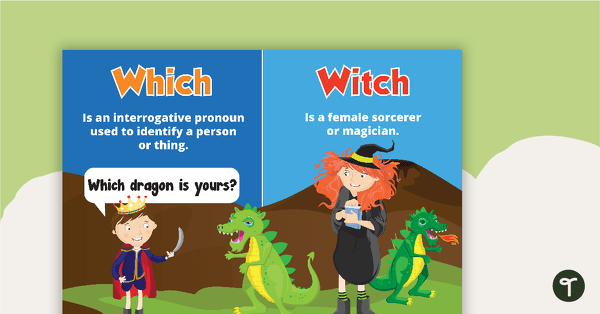
Witch and Which Homophones Poster Original Design
An educational poster for the homophones witch and which.
- Plus Plan
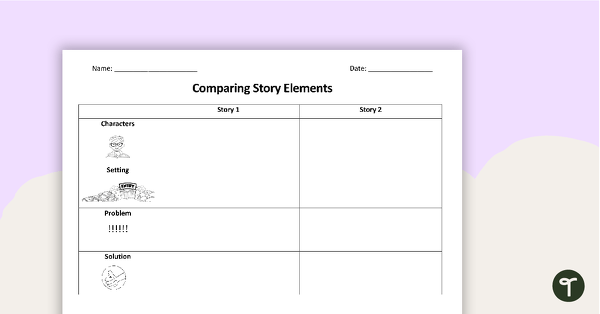
Compare and Contrast - Story Elements Worksheet
A worksheet to use when teaching students how to compare and contrast story elements.
- Plus Plan
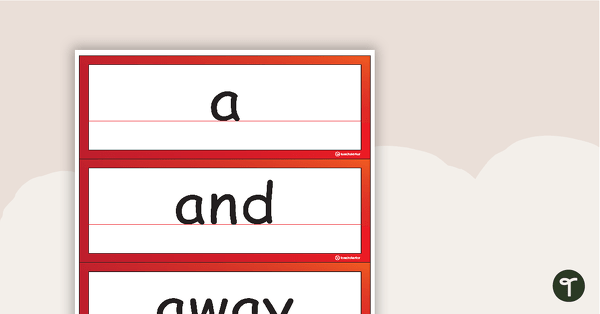
Sight Word Cards - Dolch Pre-Primer, Primer, Year 1, 2, 3 and Nouns
Dolch sight words on large cards.
- Plus Plan
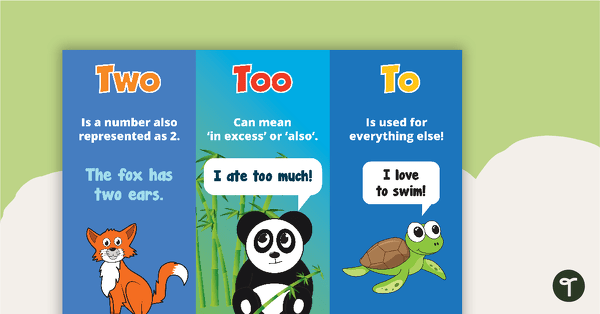
Two, Too and To Homophones Poster Original Design
An educational poster for the homophones two, too and to.
- Plus Plan
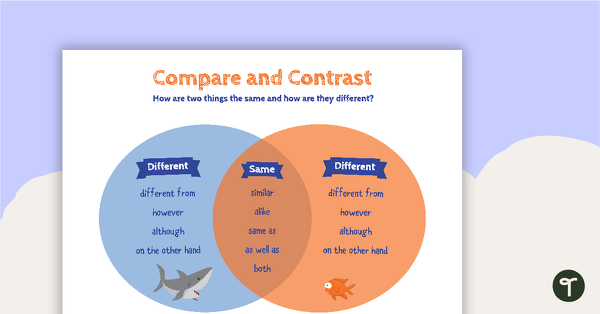
Compare and Contrast - Vocabulary Poster
A poster detailing vocabulary used when comparing and contrasting.
- Plus Plan
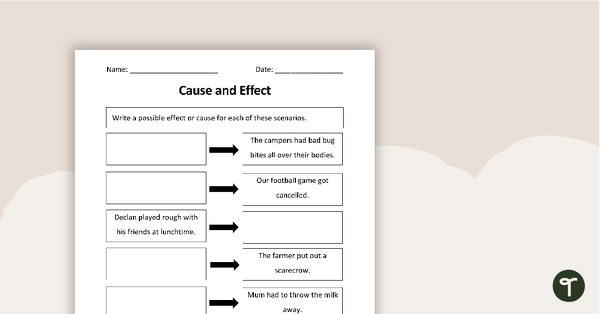
Cause and Effect - Scenario Worksheet
A worksheet and answer sheet to use when teaching students the cause and effect comprehension strategy.
- Plus Plan
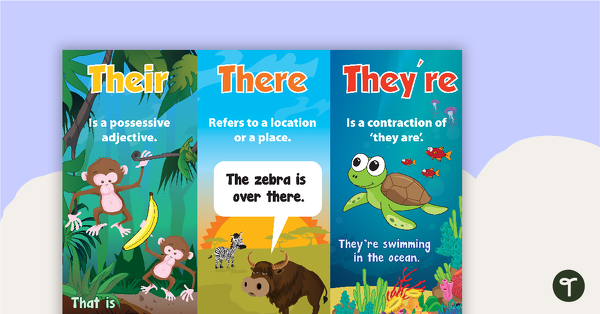
Their, They're and There Homophones Poster Original Design
An educational poster for the homophones their, they're and there.
- Plus Plan
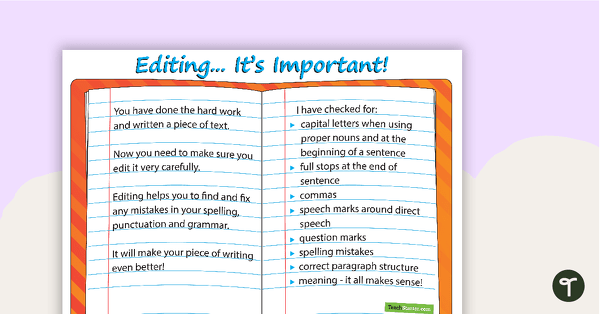
Editing Poster
A poster outlining how to edit a piece of writing.
- Plus Plan
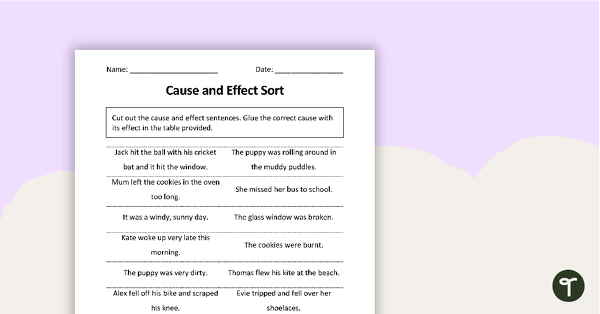
Cause and Effect - Sentence Sort Worksheet
A worksheet and answer sheet to use when teaching students the cause and effect comprehension strategy.
- Plus Plan
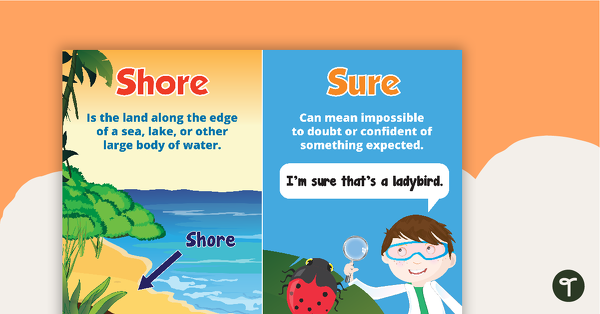
Shore and Sure Homophones Poster Original Design
An educational poster for the homophones shore and sure.